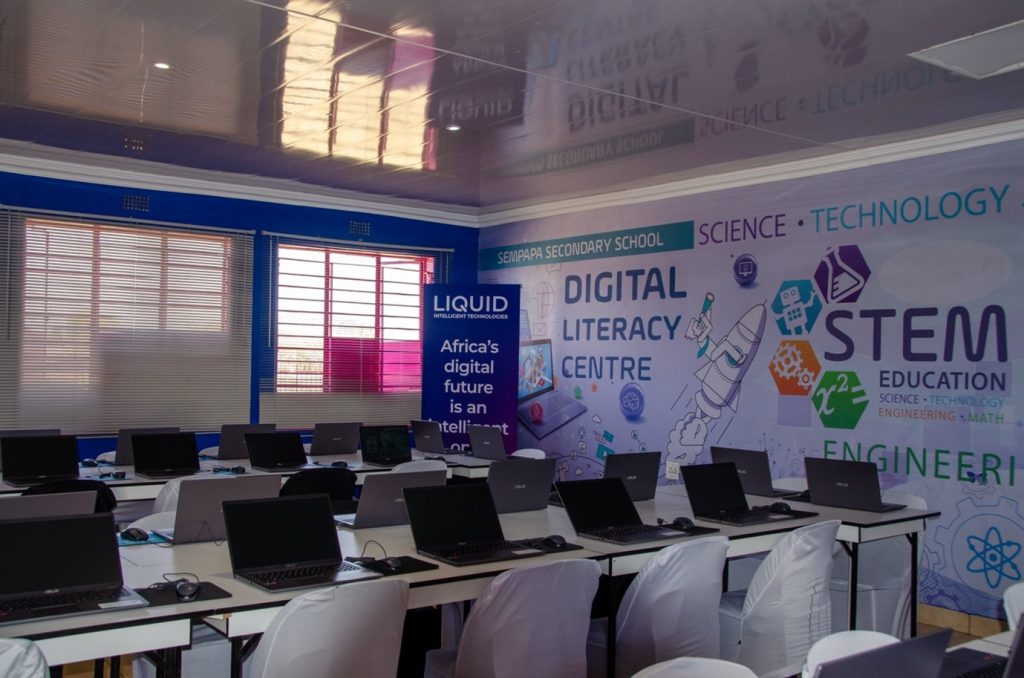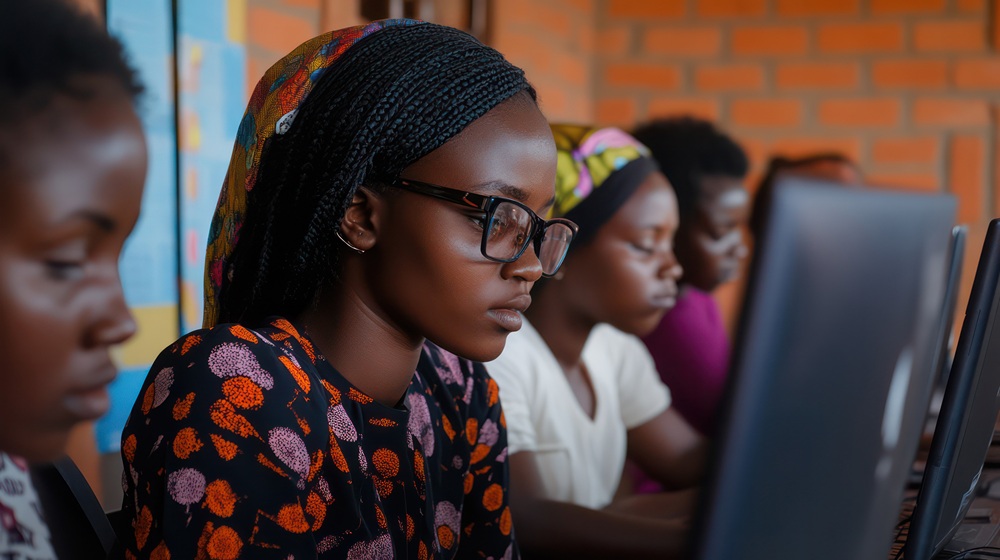Craig van Rooyen, Chief Operations Officer at Liquid Intelligent Technologies
2024 has seen South Africa reach several significant milestones on its rich and vibrant journey. Celebrating Youth Month in June of the year that marks 30 years of democracy, citizens also took to the polls for an election that delivered a landmark outcome for the country and its people.
In his inauguration speech, President Cyril Ramaphosa affirmed the South African government’s ‘resolute quest to build a growing and inclusive economy that offers opportunities and livelihoods to all people’. For the country’s ICT sector, this is a clear call to use the skills and resources at its disposal to make a distinct and determined contribution to preparing the country’s citizens for the digital future – particularly matric learners and young people entering the workforce.
While South Africa’s youth unemployment presents very real challenges, it also presents an opportunity for companies like Liquid Intelligent Technologies (Liquid), a business of Cassava Technologies, a leading pan-African technology group to help convert these job seekers into job creators. The private sector has a key role to play in this transformation, especially when it comes to equipping learners and the youth with the skills and training that will ignite a cycle of entrepreneurship, meaningful employment, and sustainable economic growth.

Empowering learners with essential STEM and digital literacy skills
A strong academic foundation, especially with expertise in STEM (science, technology, engineering, and mathematics) subjects, provides a solid base upon which school leavers can build. This not only creates a platform for potential tertiary studies or entrepreneurship but imparts an analytical, innovative mindset that’s essential in the country’s tech-driven future.
Based in the North-West Province, Liquid South Africa’s STEM Digital Literacy Programme for Grade 12 learners aims to enhance students’ academic performance in maths, science, and digital literacy, stimulating their interest in these fields, and preparing them for a future of opportunities in a rapidly evolving technological landscape. Over 300 students from eight schools in the region have benefited from the initiative, which includes access to a computer lab, complete with state-of-the-art technology, internet connectivity, and a full-time lab assistant. The 88% pass rate, with an impressive 14 distinctions, serves as a testament to the programme’s rigorous standards and commitment to student achievement.
Empowering young jobseekers with digital skills and vocational training
With South Africa’s unemployment rate rising to 32.9% in the first quarter of 2024, empowering the country’s youth with market-relevant digital skills – and the entrepreneurial mindset necessary to harness these skills for job creation – is critical, empowering the youth to take charge of their economic futures and contribute meaningfully to the country’s socio-economic growth.
In its quest to impart the skills necessary to help combat the country’s high rates of unemployment, particularly amongst the youth demographic, Liquid South Africa’s Youth Tech Entrepreneurship Programme currently running in Mthatha in the Eastern Cape, trains the youth in smartphone and tablet repair, entrepreneurship, AI engineering, and software development. Significantly, of the 60 participants, 70% are women. The programme culminates in a challenge where participants develop and pitch their digital businesses. The most promising ventures receive a R50,000 business start-up grant, providing a crucial kickstart for SMMEs with the potential to create jobs within local communities.
Contributing to skills development and job creation
Public-private partnerships are key to not only providing essential digital skills but also for stimulating economic growth, bridging the digital literacy gap, and empowering local businesses to actively participate in the digital economy.
Also in Mthatha, Liquid’s Innovation and Digital Skills Centre (IDSC) is a collaborative effort with the Department of Communications and Digital Technologies, and the Eastern Cape Provincial Government, aimed at addressing unemployment and fostering skills development. Community members have free access to accredited Microsoft and Cisco courses, as well as an array of technical courses through the Liquid 21C platform. Since its inception, 367 learners have registered for courses, with an 86% pass rate. The IDSC has also created employment for seven individuals.
In another example of a successful partnership between the business community and the government, the YES programme aims to curb unemployment rates by offering young South Africans valuable skills development opportunities and meaningful workplace exposure, enhancing their employability. Since joining the YES programme in 2020, Liquid has contributed to the upskilling of 426 young people from Gauteng, the Eastern Cape, and the North-West Province, offering 20 of these individuals permanent employment. In addition, 73% of these participants were women, again highlighting the importance of inclusive development opportunities.
Supporting the youth through bursaries and learnerships
Corporate South Africa has a key role to play in ensuring that the youth of the country – regardless of economic or other circumstances – have access to the skills and resources for the digital age, whether this takes the form of training, financial assistance, learnerships, or access to infrastructure.
Liquid currently supports 340 students – of whom 60% are female – with university bursaries in the fields of electrical and IT engineering, computer science, and other ICT-related qualifications, supporting a new generation of tech-savvy professionals. Our graduate programme sees 119 recent graduates gaining training and experience across our business, while 60% of our learnership career programme participants have secured employment. We’re also committed to empowering disabled youth with comprehensive training in digital literacy, end-user computing and systems support.
As South Africa celebrates significant milestones in its democratic journey, the commitment of its corporate sector is key in empowering its youth and entrepreneurs. While targeted education and training initiatives address immediate needs, they also pave the way for a thriving digital future.





